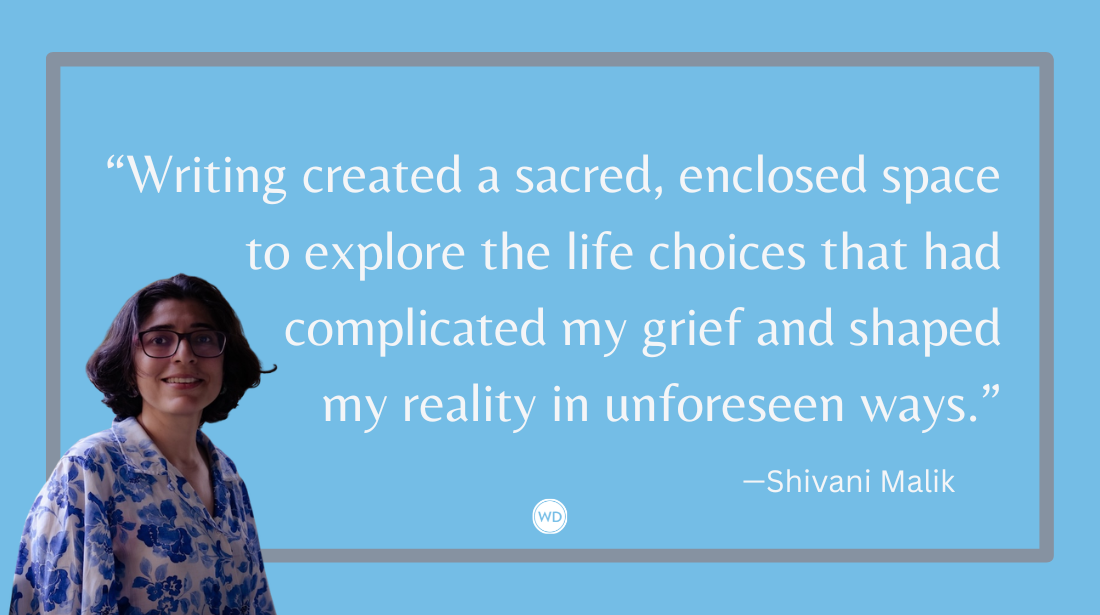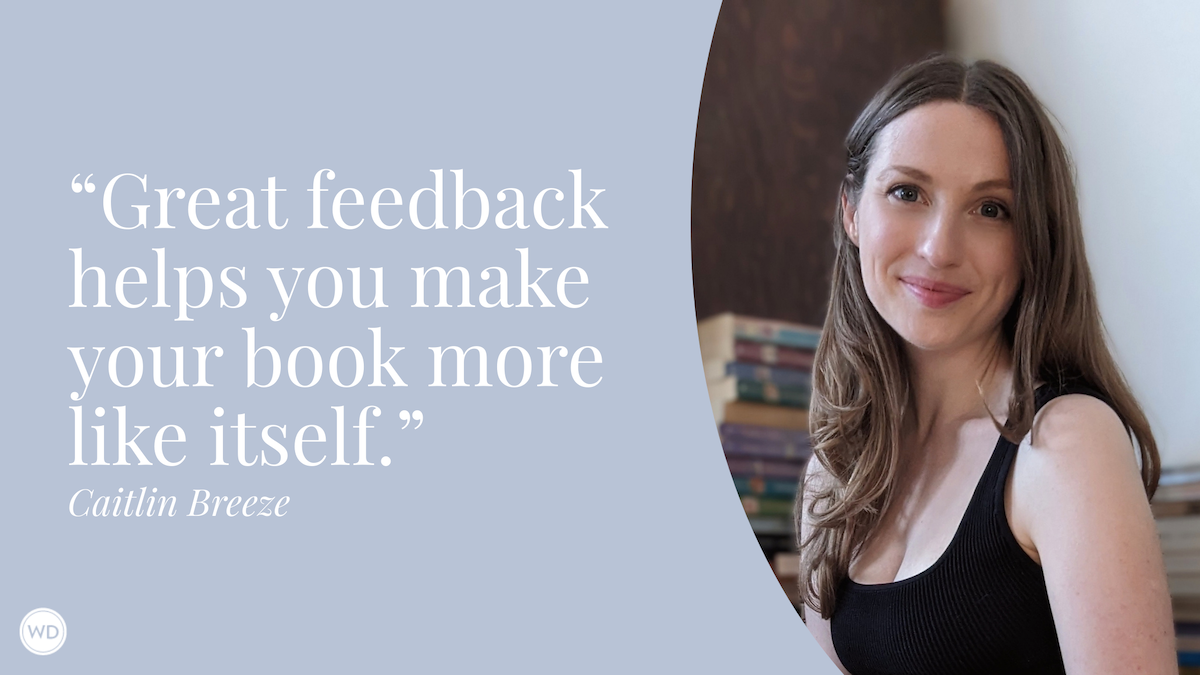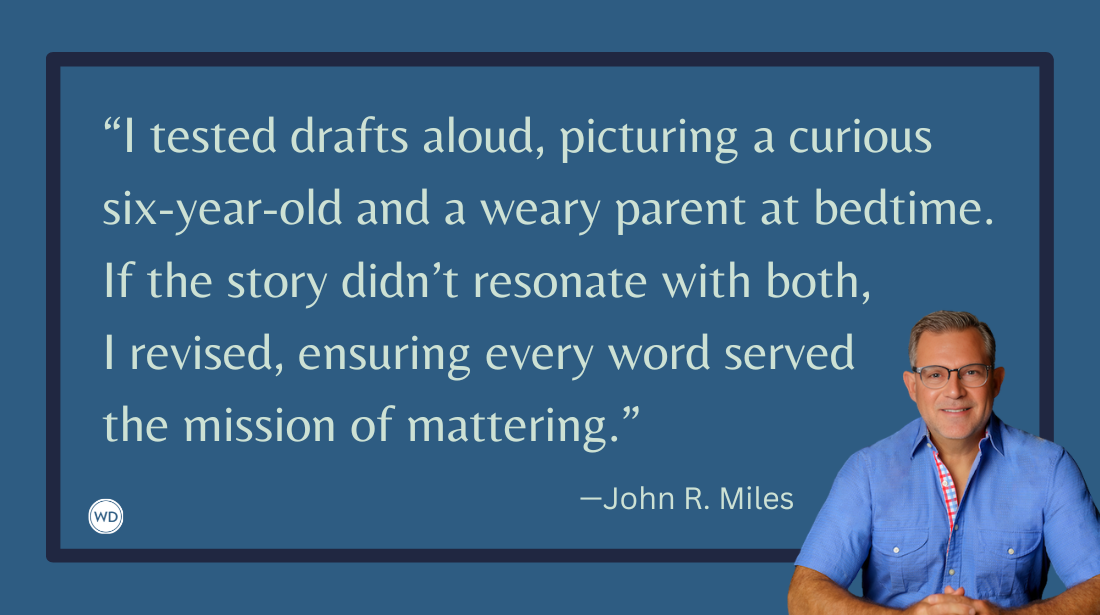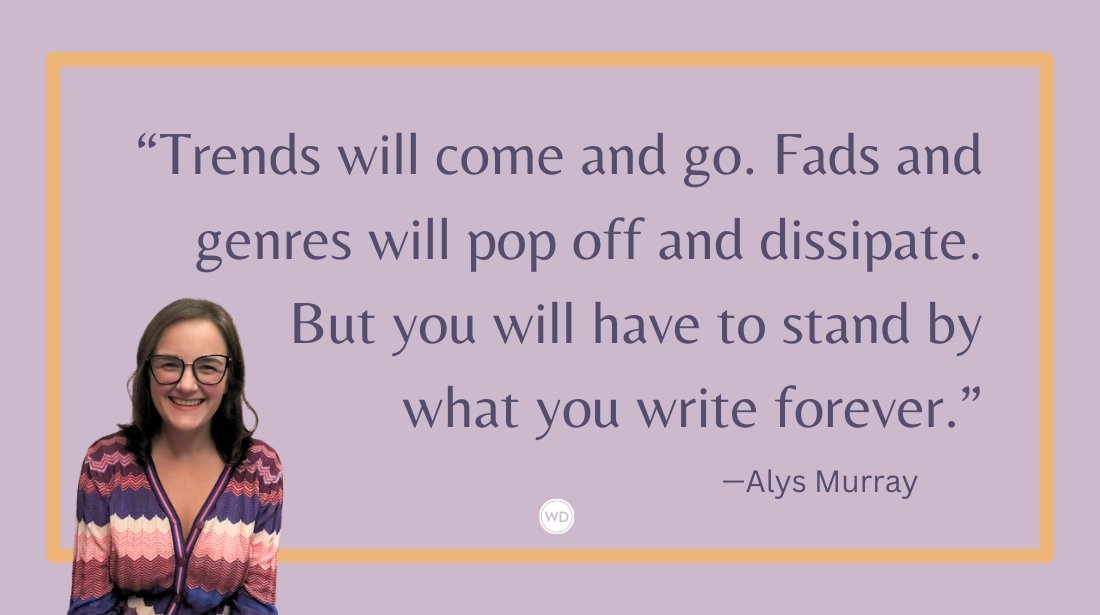Sonita Alizada: Resilience Is Not a Single Act but a Lifelong Process
In this interview, author Sonita Alizada discusses the vulnerability that came with writing her new memoir, Sonita.
Sonita Alizada is an Afghan rapper and activist who escaped child marriage in 2015, when her viral music video, “Daughters for Sale,” helped her secure a scholarship to study in the United States. Through her music and advocacy work, Sonita has campaigned for women’s rights and against child marriage, partnering with organizations like the Malala Fund, Global Partnership for Education, and Girls Not Brides. She has received the U.S. Secretary of State’s International Women of Courage Award, the MTV Europe Music Generation Change Award, and the BBC 100 Women award, among many others. Sonita, who learned English upon coming to the U.S., graduated from Bard College in 2023; she is currently pursuing a master’s degree in politics at Oxford University as a Rhodes Scholar. Follow her on Facebook and Instagram.
In this interview, Sonita discusses the vulnerability that came with writing her new memoir, Sonita, the difference between writing a book and writing music, and more.
Name: Sonita Alizada
Literary agent: Watermark Agency
Book title: Sonita
Publisher: HarperCollins
Release date: July 8, 2025
Genre/category: Memoir
Elevator pitch: Nearly 15 million girls, including many in the U.S., are forced into marriage each year. Each of these girls has a price tag—and a story. Sonita Alizada was almost sold twice. Her price tag was $9,000. The money her family received for selling her would pay for her brother’s wife.
What prompted you to write this book?
What prompted me to write this book was a mix of pain, purpose, and a promise I made to myself.
I grew up in an environment where girls were often silenced and sold, and I knew that if I survived, I had to use my voice for those who couldn't. This book is more than just my story, it's the story of million of girls like me, whose dreams were interrupted but not erased. After some time of performing music and sharing my message through rap, I felt it was time to put it all into words, sharing my story from when I was about 5 years old until now. I wanted people to know what it means to be told you're worthless—and what it means to fight that lie every single day. I wanted to tell some people that they should not say sorry when they hear my story, but to say that nothing is impossible, to say and believe that many other Sonitas out there could have the same or even better ending if they are seen and hear.
How long did it take to go from idea to publication? And did the idea change during the process?
It took me about five years to go from the first idea to the final manuscript and yes, the idea changed a lot along the way.
At first, I thought I was just writing down memories so I wouldn’t forget where I came from. But the more I wrote, the more I wanted to know/share, so I realized I was also writing for every girl who has been told “no.” I started with a focus on my personal journey from escaping child marriage, becoming a rapper, but over time, it became much more than that. I wanted to explore how music gave me power, how silence shaped me, and how resilience is not a single act but a lifelong process. The book evolved into a story not just about survival, but about transformation.
Were there any surprises or learning moments in the publishing process for this title?
Yes, there were many surprises and learning moments especially how long and emotional the publishing process can be.
One of the biggest surprises was how deeply involved I needed to be, even after writing the manuscript. I thought the hard part was over once I finished the draft but then came editing again and again where I had to relive painful moments and find new ways to express them with clarity and more detailed. I also learned how important it is to trust your voice, especially when others suggest changes. Another learning moment was realizing how much a good team matters like my editors, agent, and supporters helped shape the book into something far more powerful than I could’ve done alone.
Were there any surprises in the writing process for this book?
Yes, one of the biggest surprises was how hard it was to write about things I thought I had already processed.
I assumed that since I had spoken publicly and rapped about parts of my story, writing them down would be easy. But sitting alone with the silence of the page brought up emotions I didn’t expect. Grief, anger, even guilt. I also discovered that writing a book requires a different kind of vulnerability. In music, I could use rhythm and metaphor to express pain, but in the book, I had to slow down and dig deeper. Another surprise was how much healing happened in the process. Some chapters were so difficult I had to take breaks for days. But through that, I found clarity and even forgiveness, for myself and for others.
What do you hope readers will get out of your book?
I hope readers walk away from this book with a deeper understanding of what it means to fight for your voice in a world that tries to silence you.
This isn’t just a story about me, it’s about the girls who are still hidden, still being forced into silence, marriage, or invisibility. I want readers to feel empathy, yes, but also urgency. I hope they feel inspired to challenge injustice, to believe in the power of their own voice, and to support others who are fighting to be heard. And for those who’ve been through pain or oppression, I hope they see this book as proof that healing is possible and that dreams are worth chasing, even when the world tells you otherwise.
If you could share one piece of advice with other writers, what would it be?
My one piece of advice is: Write like no one is watching at first.
Don’t worry about sounding perfect or being accepted. Just tell the truth. The raw, messy, emotional truth. That’s where the power is. You can always shape it later, but if you censor yourself too early, you’ll lose the heart of what you’re trying to say. Also, be patient. Writing takes time, not just to finish the pages, but to understand yourself through them. Some days it will hurt. Other days it will heal. But keep going. Your story matters more than you know.









